Like humans, horses get two sets of teeth 鈥?baby teeth and permanent teeth. After a horse's permanent teeth grow in (usually by the age of five), there will be 36-44 teeth. Just like humans, horses' teeth demand attention and care. Ignoring your horse's dental needs can cause problems while you ride and can affect your horse's digestive system. Horses need to have their teeth floated. So why do they need their teeth floated and what does this even mean?
Instead of chewing their food, horses grind from side to side. Grinding hay and grass breaks the food down into a pulp. The hay and grass can then be digested better and more nutrients can be absorbed. However, the grinding motion wears the teeth down unevenly. Horses' lower teeth will become sharp on the inside next to the tongue and on the upper teeth next to the cheek. The sharp points can cut the horse's cheek and tongue causing discomfort. The bridle can create even more pain so your horse my toss her head or refuse to take the bridle. Uneven teeth will also prevent proper digestion and as a result, your horse may begin to lose weight. Dental problems can even cause colic. Some of the signs that your horse needs its teeth floated include:
鈥?Dropping food from mouth
鈥?Loss of weight
鈥?Blood in mouth
鈥?Excessive salivation and difficulty chewing
鈥?Tosses head while riding
鈥?Sores along the tongue or cheeks
To solve the problem of uneven and sharp teeth, your vet will float your horse's teeth. Floating means that the vet will file down the horse's teeth removing the sharp points. Since horses do not have nerves in their teeth, it is a painless procedure that only takes twenty minutes. Horses' teeth continue to grow until they are 25-30 years old. Because of this, it may be necessary to float your horse's teeth more than once. For horses that have slower-growing teeth, floating will be needed only every few years. Other horses, though, could require floating every couple of months. It is important that your horse receives a dental checkup at least once a year.
Another thing to watch for is an equestrian wolf tooth. This kind of tooth only affects some horses. It is a small premolar along the upper jaw before the molars. Since the bit presses against it and causes pain, the equestrian wolf tooth needs to be removed by a veterinarian. Neglecting to do this can cause problems while you ride.
Staying on top of your horse's dental needs will help keep your horse happy and healthy. It will make your rides more pleasant because your horse will not be in pain from the bridle. Keeping your horse's teeth healthy will also keep your horse healthy. Your horse will be able to digest food properly and absorb needed nutrients.

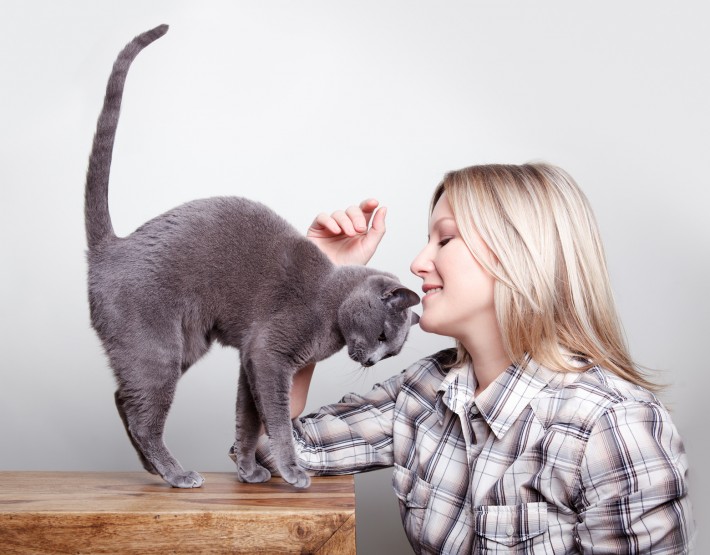 Six Signs That You Might Be A Crazy Cat Lady!
Six Signs That Yo
Six Signs That You Might Be A Crazy Cat Lady!
Six Signs That Yo
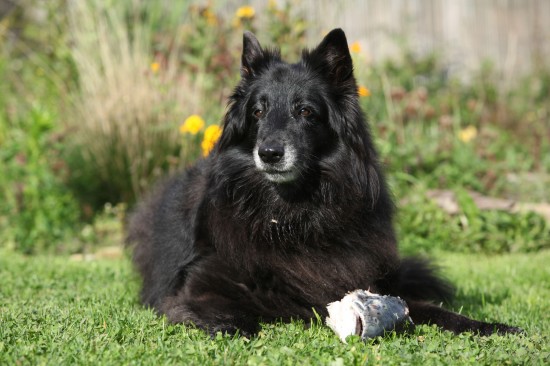 10 Types Of Human Food Your Dog Can Eat
10 Types Of Human
10 Types Of Human Food Your Dog Can Eat
10 Types Of Human
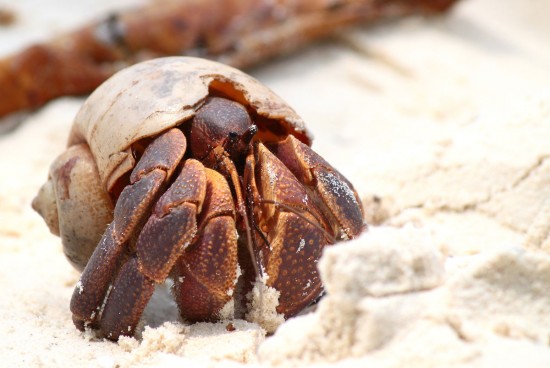 Keeping Hermit Crabs For Beginners
Keeping Hermit Cr
Keeping Hermit Crabs For Beginners
Keeping Hermit Cr
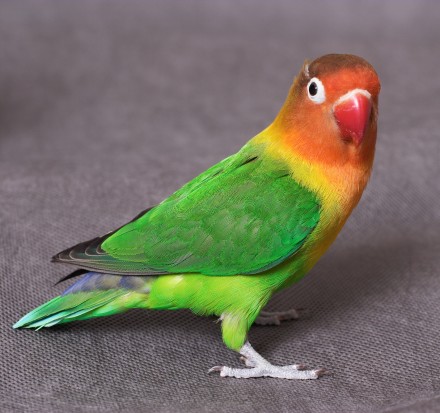 Common Lovebird Illnesses
Common Lovebird I
Common Lovebird Illnesses
Common Lovebird I
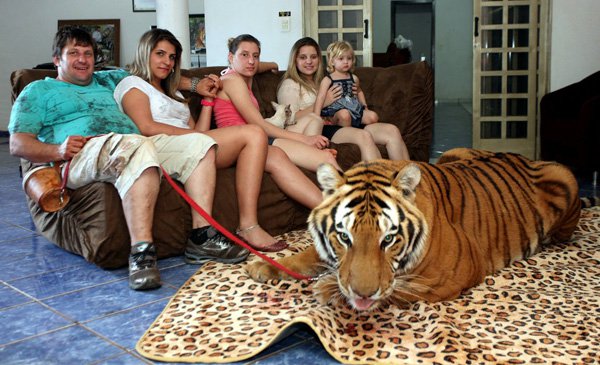 Save Your Time With Dog Wash Machine
Save Your Time With Dog Wash Machine
Many peop
Save Your Time With Dog Wash Machine
Save Your Time With Dog Wash Machine
Many peop